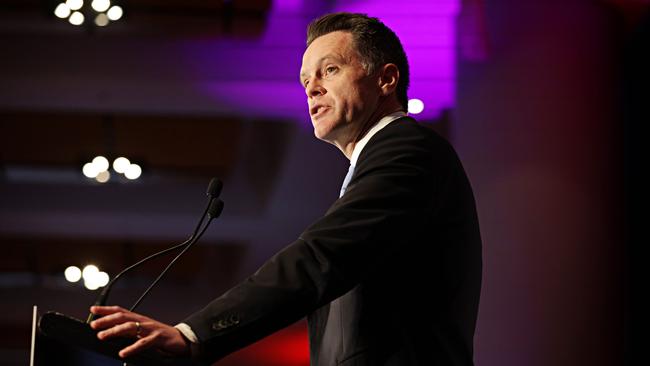
They accepted that ICAC, the state’s guardian of integrity, had no lawful basis for declaring four men corrupt.
Margaret Beazley, who was then president of the Court of Appeal, prepared a draft declaration recognising that ICAC had made findings against these men that were a nullity and beyond its jurisdiction.
But before this could be finalised, the NSW government, then led by the Liberal Party’s Mike Baird, intervened after being lobbied by ICAC.
Baird introduced a retrospective Validation Act that papered over ICAC’s wrongdoing. Conduct that was unlawful one day was rendered lawful the next.
This drove a wedge between the NSW Liberal Party and principles of governance that go back to Magna Carta, a document that was sealed 808 years ago this week.
The consequences have been profound.
For eight years, NSW has denied justice to four innocent men who had turned to the courts for a remedy after being subjected to conduct by a government agency that had no basis in law.
Baird’s Validation Act is a clear departure from the principles that protect individual liberty against the unlawful predations of a mighty state. That is what Magna Carta and the rule of law are all about.
Clause 29 of the Great Charter says, in part: “To no one will we sell or deny or delay right or justice.”
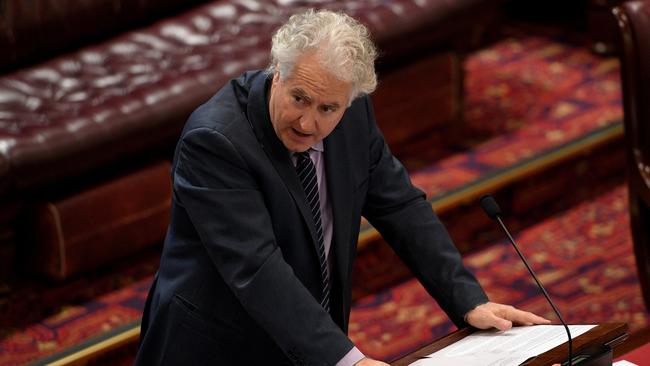
The Federal Court’s Justice Steven Rares has described clause 29 as the source of concepts such as the right to justice according to law and the right to justice without delay.
The Validation Act has another problem: when parliament considered this unprincipled scheme it was not even given the full story about what was at stake.
It had been presented as a response to an unrelated High Court decision involving prominent silk Margaret Cunneen SC. The court had made it clear that ICAC had misunderstood the limits on its own jurisdiction.
The problem is that nobody told parliament the Validation Act would have the effect of reversing the outcome in a court case that was close to conclusion.
One of those with first-hand knowledge of what happened is Labor’s Adam Searle, who left parliament at the last state election and has returned to the Bar.
On June 22 last year, when this affair was again before parliament, he made a statement in the Legislative Council that should cause a great deal of unease.
This, according to Hansard, is what Searle told parliament:
“I was one of the Opposition members tasked with interacting with the government and the office of the then Premier. A question raised in those discussions was whether anybody else, apart from Ms Cunneen, was before the courts.
“I did not take a file note, but my strong recollection is that we were assured that there was no live matter before the courts. Maybe that was a mistake; maybe it was deliberate.
“The point is that there were people before the courts and the parliament was not told. Maybe if it was told it would not have made any difference, yet it may have. We will never know.
“But, at this point in time, the evidence is overwhelming that these people were wrongly dealt with,” Searle told parliament.
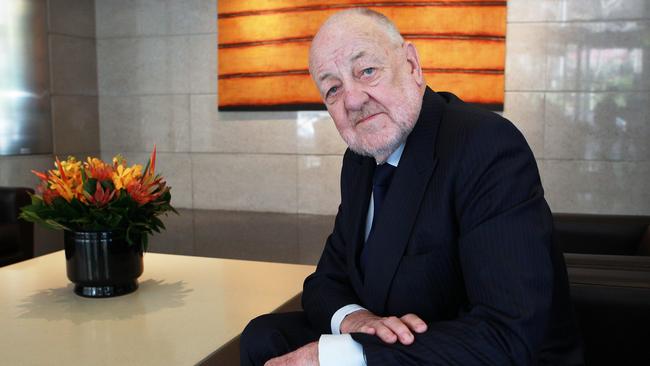
The disastrous impact of this statute on the personal and business lives of the four men was uncovered in 2021 by the parliamentary committee that oversees ICAC.
The committee’s report, like Searle, made the point that parliament was never told about the four men who, under the law expounded in Cunneen’s case, had already secured an admission of defeat from ICAC.
The committee’s report says: “The existence of this litigation and its settlement by the ICAC was not disclosed to members of the NSW parliament when they debated and voted on the Validation Act.
“Had there been a relevant disclosure, this group of persons may well have been excluded from the operation of the Validation Act on the basis of the agreed settlement of their case against the ICAC.”
There is an argument that the entire Validation Act should be repealed – not just because parliament was kept in the dark, but because this law retrospectively “validates” unlawful conduct.
Nobody should escape the consequences of wrongdoing, no matter how powerful they might be.
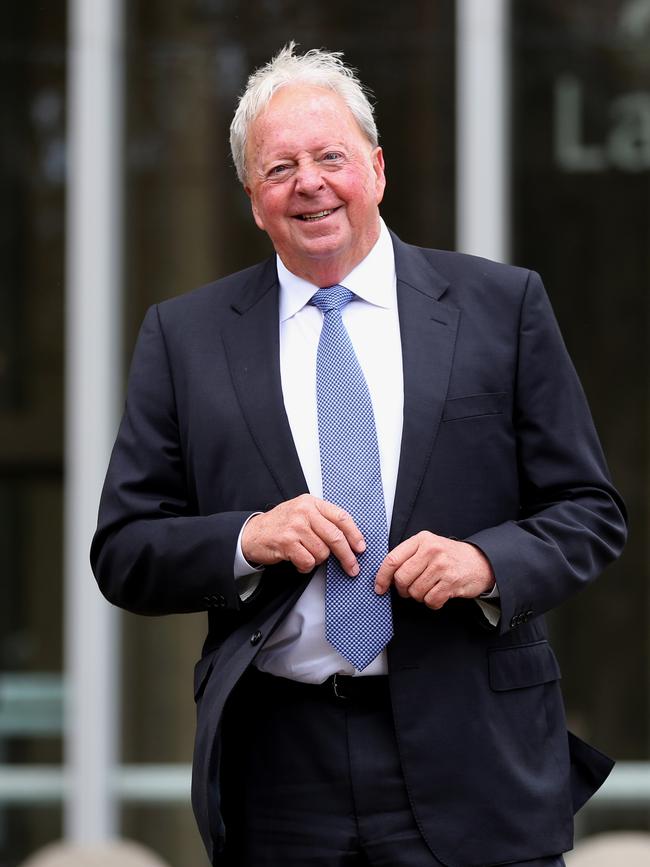
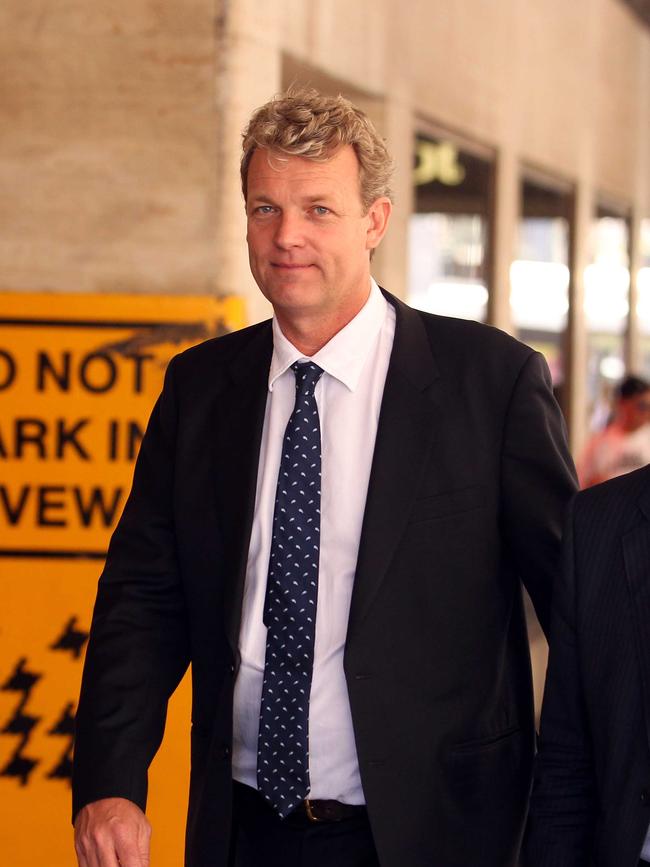
But while repeal might be the perfect solution, this should not be allowed to become the enemy of a prompt remedy for those who had their victory snatched away eight years ago.
The injustice they have suffered is blatant and extreme.
Just three of those four men are still alive – John McGuigan, John Atkinson and Richard Poole. The fourth man, Travers Duncan, died last year.
After eight years of injustice, how much longer must they wait for the restoration of rights that were guaranteed by Magna Carta?
In 2021, the ICAC committee did not seek a full repeal of the Validation Act. But it did not want it to apply to those who went to court only to have their victory snatched away by a parliament that was never told of their unique position.
Last year, One Nation’s Rod Roberts introduced a Bill that would give effect to the ICAC committee’s modest yet unanimous proposal. The Coalition government, under the leadership of Dominic Perrottet, did nothing.
Last month, Roberts reintroduced that Bill. The Labor government of Chris Minns faces a choice: does it stand for fairness? Or will it follow Perrottet’s example and do nothing?
Chris Merritt is vice-president of the Rule of Law Institute of Australia.


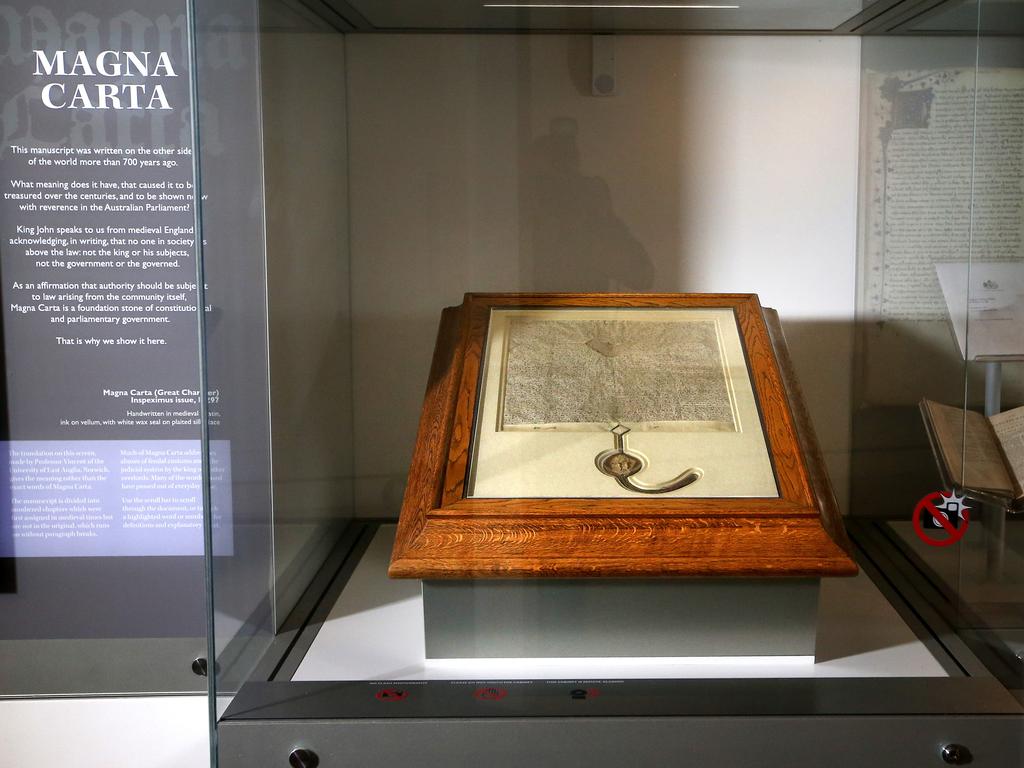




Eight years ago, lawyers representing the NSW Independent Commission Against Corruption stood in the Court of Appeal and conceded defeat.